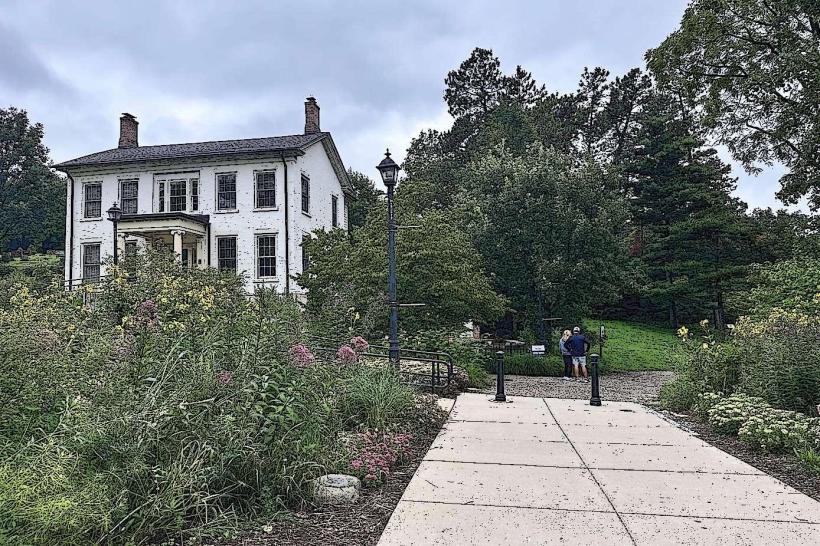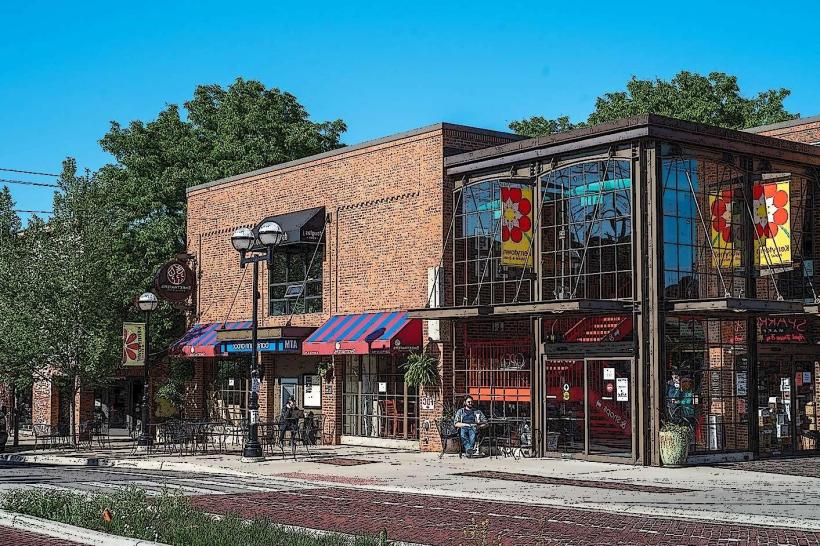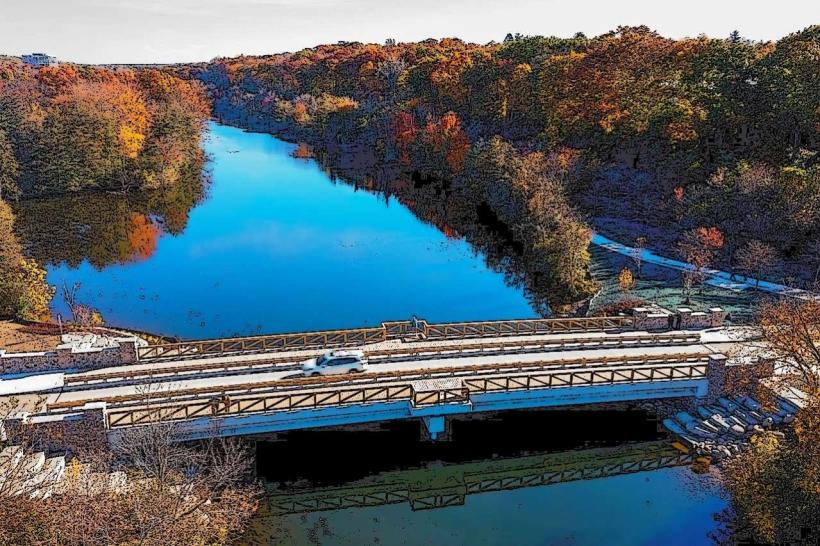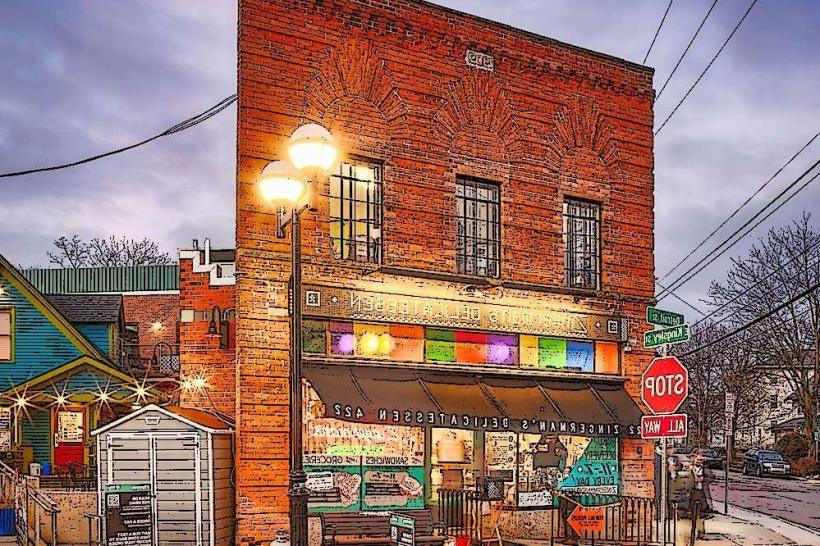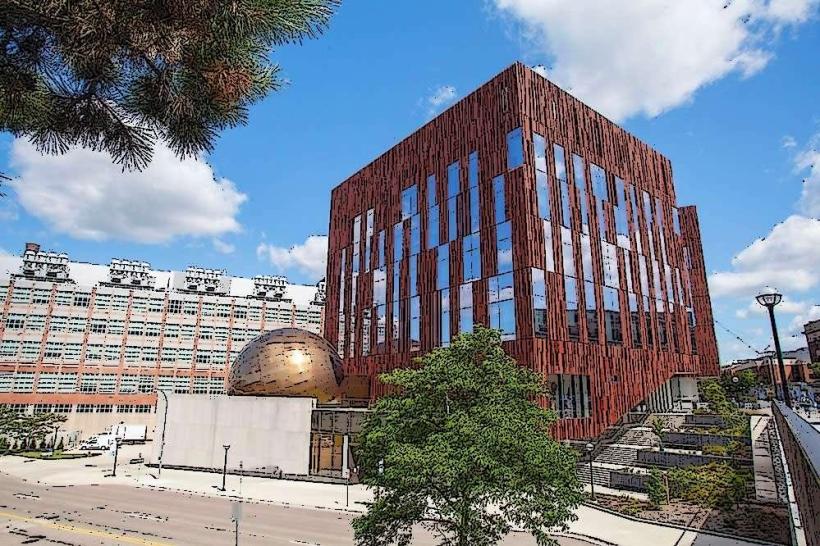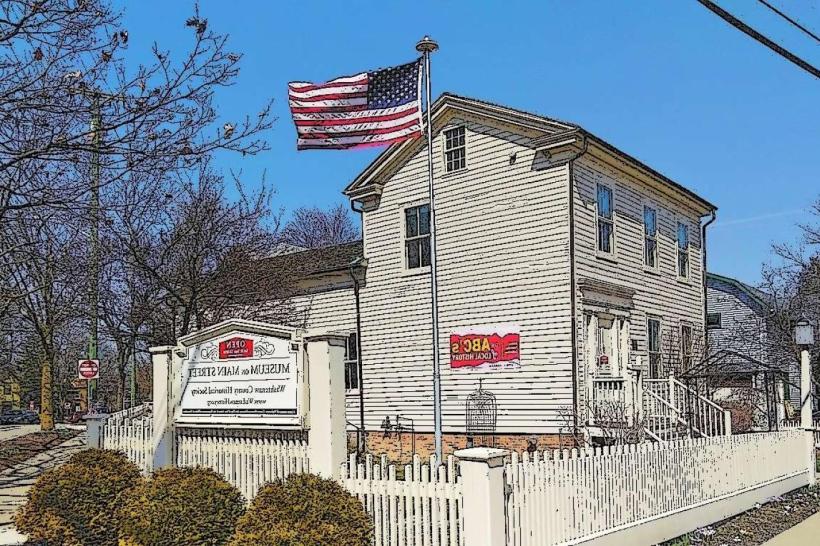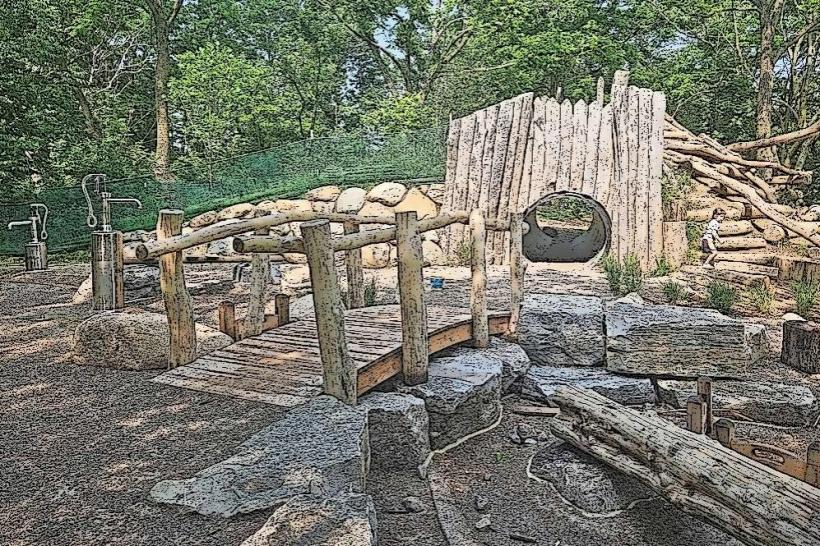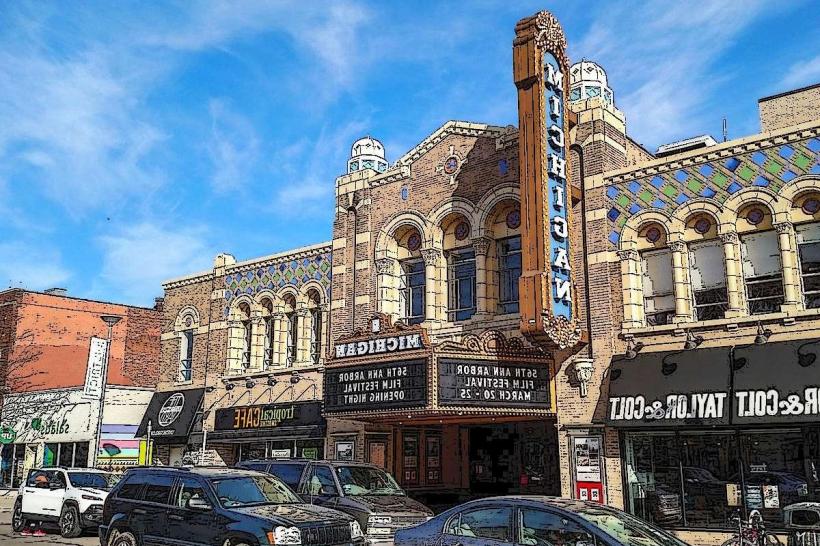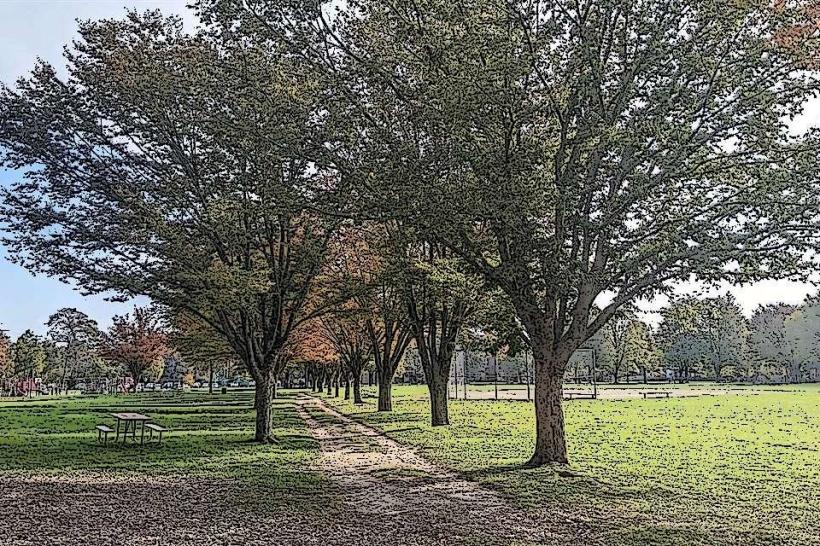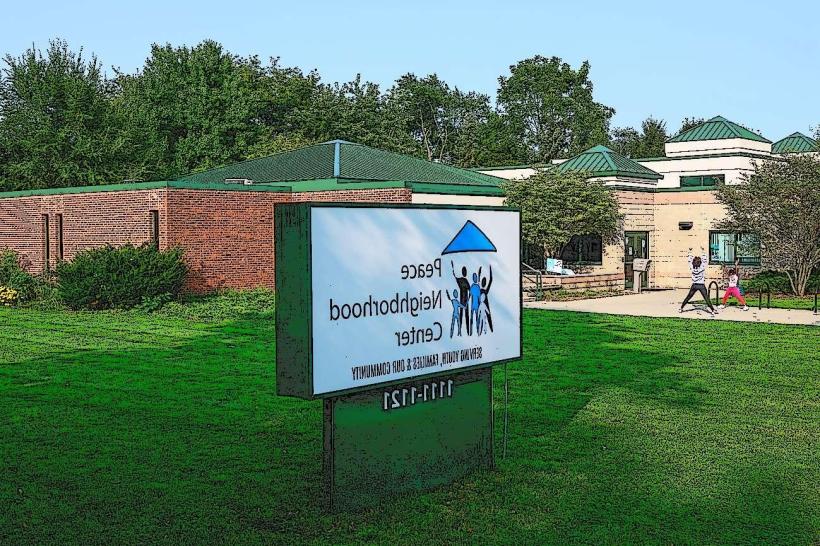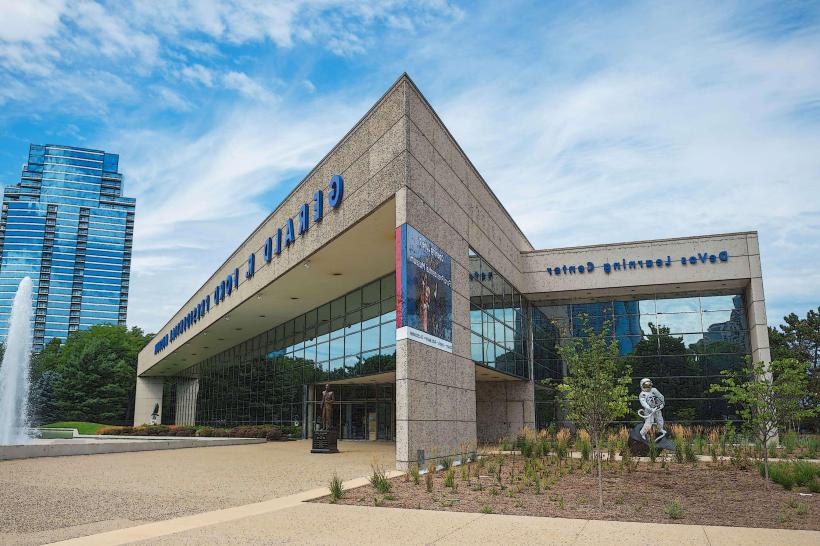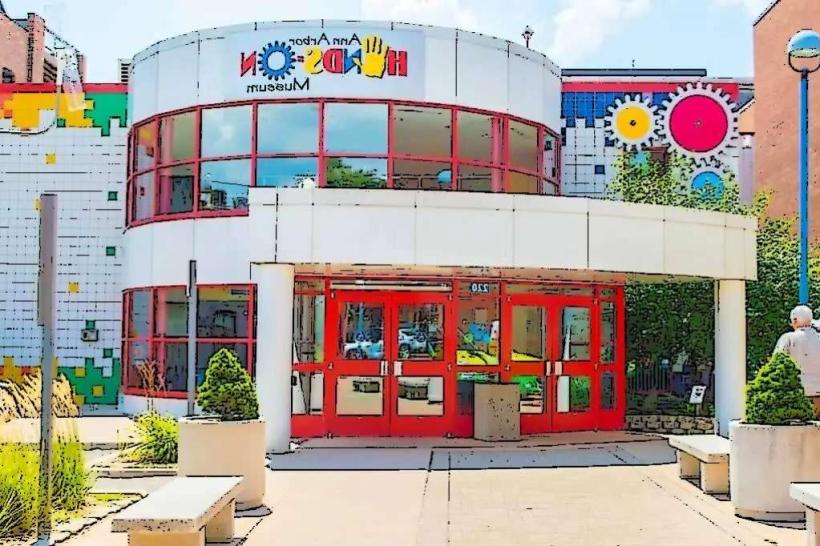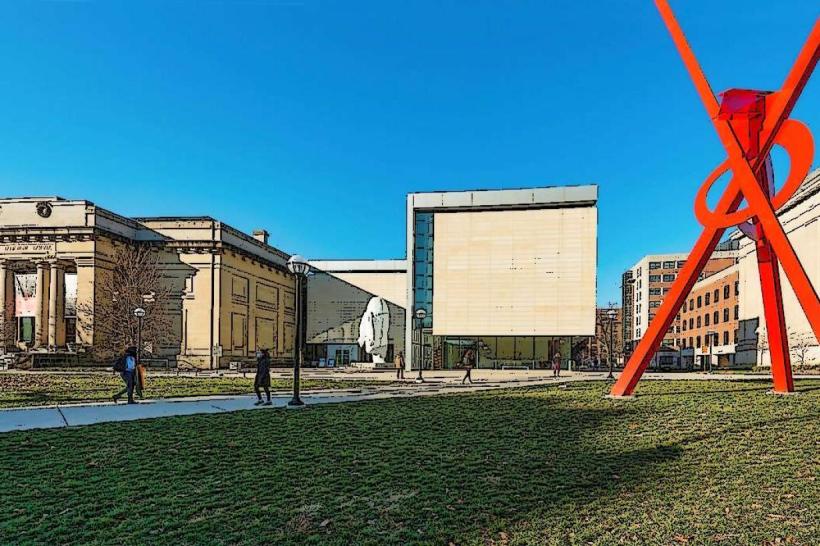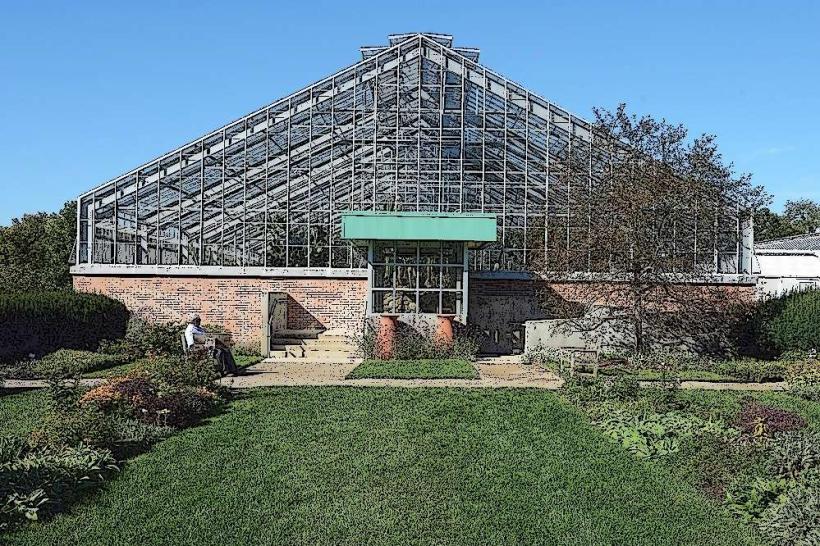Information
Landmark: The ArkCity: Ann Arbor
Country: USA Michigan
Continent: North America
The Ark, Ann Arbor, USA Michigan, North America
The Ark – A Detailed Look at Ann Arbor’s Legendary Music Venue
The Ark, located at 316 S. Main Street in downtown Ann Arbor, is one of the most respected and iconic acoustic music venues in the United States. It is more than a performance hall; it is a cultural institution and a musical sanctuary that has been serving artists and audiences since 1965. Known for its deep commitment to folk, acoustic, roots, and world music, The Ark has earned national recognition for its sound quality, intimate setting, and artist-first ethos.
Origins and Early Years (1965–1970s)
The Ark was founded during a turbulent period in American history, originally envisioned as a place of community and conversation amid the social upheaval of the 1960s. Four churches-First Presbyterian, Calvary Presbyterian, Northside Presbyterian, and Campus Chapel-joined together to create a welcoming coffeehouse for University of Michigan students and young adults.
The first iteration of The Ark was located in a house on Hill Street. It offered:
Free coffee and cookies.
Discussion groups on social and political issues.
Poetry readings, folk music, and storytelling.
By the late 1960s, the artistic side of The Ark began to dominate, particularly folk and acoustic music. Its grassroots nature attracted young musicians, community members, and socially conscious artists looking for an intimate venue to share their work.
David Siglin Era and Musical Expansion (1969–2008)
In 1969, David Siglin became the director of The Ark. His leadership for nearly 40 years transformed the space from a community coffeehouse into a nationally recognized music venue.
Under Siglin:
The programming shifted to a professional concert model, focused on high-quality acoustic music.
Artists such as Joan Baez, Odetta, Utah Phillips, and Arlo Guthrie began performing there.
It hosted a wide range of genres: folk, blues, Celtic, Americana, jazz, roots rock, and world music.
Siglin and his wife, Linda, documented thousands of shows and preserved audio archives of many historic performances.
During this time, The Ark moved multiple times-due to financial pressures and facility changes-but retained its commitment to musical intimacy and community.
The Current Venue (Since 1996)
The Ark has operated out of its current location on Main Street since 1996. In 2012, it purchased the building, ensuring permanent residence and artistic stability. The venue is located on the second floor and includes:
Seating for approximately 400 people, theater-style with excellent sightlines.
A low stage that keeps artists close to the audience.
State-of-the-art acoustic engineering, praised by performers for its clarity and warmth.
A concession and bar area offering beverages and snacks.
The intimate scale of the space makes every performance feel like a personal exchange between artist and audience.
Programming and Signature Events
The Ark is open over 300 nights a year, presenting an incredibly diverse calendar that spans continents, genres, and generations. Some highlights include:
Regular Programming
Folk and Americana mainstays, such as Lucy Kaplansky, Richard Thompson, and Dar Williams.
International artists, including African griots, Celtic trios, flamenco guitarists, and Andean ensembles.
Blues and roots legends, like Keb’ Mo’, John Hammond, and Shemekia Copeland.
Emerging indie and singer-songwriter acts, often discovered here before they reach wider acclaim.
Ann Arbor Folk Festival
First held in 1977, this is The Ark’s marquee annual fundraising event.
It takes place at Hill Auditorium every January and spans two nights.
The lineup mixes legends, headliners, and emerging artists in an eclectic blend.
Artists like Brandi Carlile, Gregory Alan Isakov, Emmylou Harris, and The Avett Brothers have played the festival.
The Folk Festival is not just a concert; it's a statement of The Ark’s mission to preserve the folk tradition while embracing new voices.
Community Engagement and Nonprofit Mission
The Ark is a nonprofit 501(c)(3) organization with a mission:
"To enrich the human spirit through the presentation, preservation, and encouragement of folk, roots, and ethnic music and related arts."
Key elements of this mission in action include:
Affordable ticket pricing, ensuring accessibility to all audiences.
Volunteer staff who help run the door, merchandise tables, and food service.
Outreach and education, such as hosting student songwriters, community nights, and talkbacks with artists.
Donor and membership support, allowing fans to contribute financially in exchange for perks like early ticket access and invitations to special events.
This structure fosters a feeling of ownership and deep loyalty among patrons.
Cultural Impact and Recognition
The Ark has become:
A training ground for countless singer-songwriters.
A touchstone venue that artists often cite as one of their favorites.
A pillar of downtown Ann Arbor’s cultural economy, drawing locals and tourists alike.
It is frequently mentioned in lists of the top folk and acoustic venues in North America and has maintained its identity despite shifts in the music industry.
Atmosphere and Artist Experience
Musicians often describe The Ark as:
“A listening room”-audiences are deeply attentive and respectful.
“A home away from home”-staff and volunteers treat artists with genuine hospitality.
“A place where the audience becomes part of the music.”
The lack of noisy distractions, such as TVs or chatter, means artists can perform nuanced, emotionally rich sets-and audiences are there for the music, not the party.
Conclusion
The Ark is not simply a music venue-it is a living archive of American and world folk traditions. With its nonprofit roots, its deep Ann Arbor community ties, and its unwavering dedication to acoustic and roots music, The Ark serves as a vital cultural institution. For over half a century, it has nurtured creativity, preserved traditions, and created an intimate space where the connection between music and audience remains sacred.

